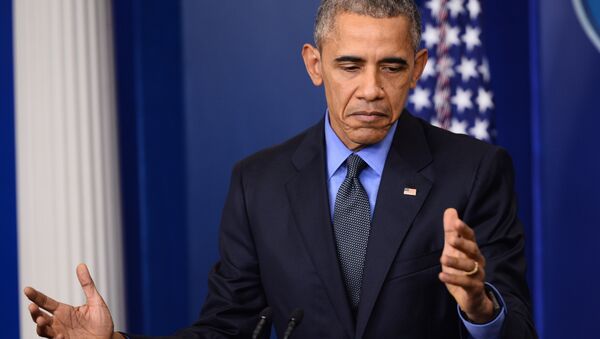On Tuesday, the Obama Administration prepared to announce an offshore drilling ban until 2022 that would, in a drastic change of policy, apply to Arctic waters and much of the Atlantic Ocean.
One year ago, President Obama began efforts to sell offshore oil and gas leases in the waters off the Southeastern US, a move that sparked widespread condemnation among US coastal communities.
More recently, however, President Obama’s position toward offshore drilling, in the move to US energy independence, has softened with a similar shift, ending new drilling sales in the Beaufort and Chukchi Seas near the Arctic.
Maggie Alt, executive director of Environment America, lauded the pending announcement as “incredible news for our beaches, for our family vacations, and for sea turtles and whales.” She commended local area activists for “speaking up loudly and clearly against drilling and spilling.”
The five-year plan comes in the wake of President Obama’s meeting with Canadian Prime Minister Justin Trudeau last week, with reports that environmental preservation dominated the discussion. Last week, in a joint statement, the two leaders declared they would “use a science-based approach to make decisions on Arctic extraction.”
Environmentalists, while thrilled about the favorable news, nonetheless fear that today’s action may be too little, too late. They caution that in order to meet global climate change goals, Obama must take immediate action to protect all federal land and waters, including the Gulf of Mexico, which saw the cataclysmic BP oil spill in 2010.
Amanda Starbuck, program director for the Rainforest Action Network, went further, decrying the announcement as not nearly enough. “Business as usual in the gulf must change,” she stated, “President Obama needs to heed the people’s demand in the Gulf and across all coasts to end destructive offshore leases and keep all fossil fuels in the ground.”




